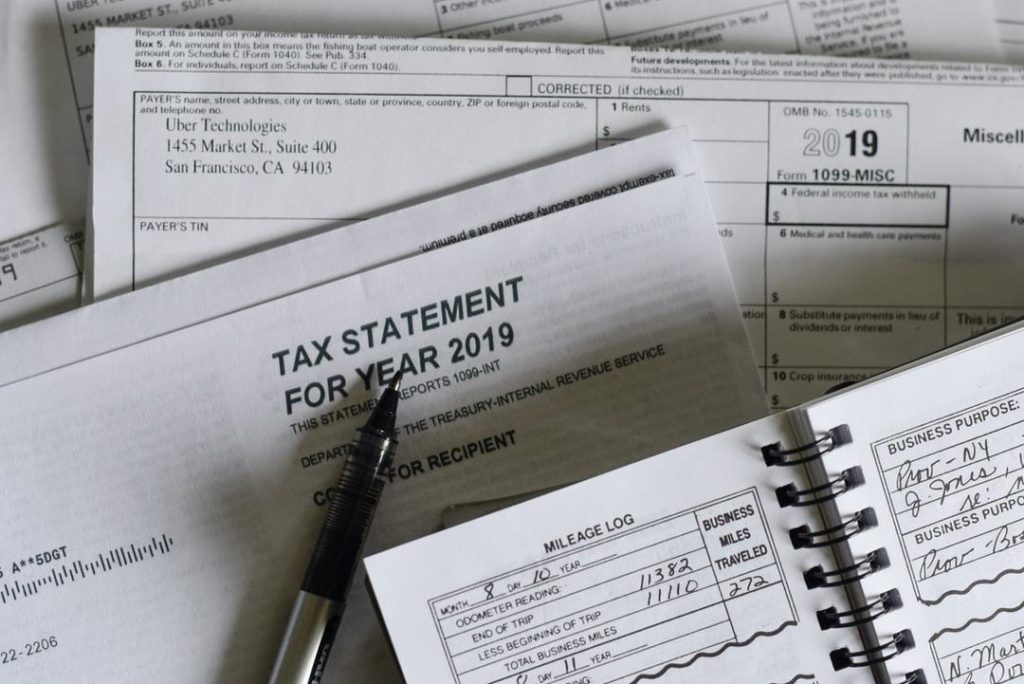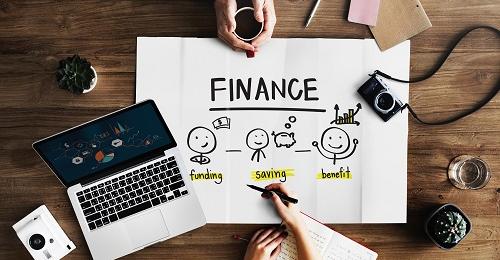The IRS is issuing economic impact payments (EIP) to millions of eligible taxpayers (up to $1,200 for individuals and $2,400 for joint filers). A taxpayer is eligible if their adjusted gross income is below $99k for individual filers or $198k for joint filers.
The payments are automatic for eligible taxpayers who have already filed their 2018 or 2019 tax returns and provided their bank account information to the IRS, as well as for those who receive any form of Social Security benefits. These taxpayers need to take no further action and should have received your direct deposit already if eligible.
The final amount of your economic impact payment is actually based on your 2020 adjusted gross income (AGI) when you file your tax return next year. If the EIP is calculated higher than what you received this year then you will receive the balance as a credit on your 2020 tax return. If the payment should have been lower, you will not be required to repay any excess.
Economic Impact Payment (EIP) Schedule
If the IRS does not have your bank account information for direct deposit, here is the planned weekly schedule for the IRS to mail EIP checks based on annual adjusted gross income. All dates represent the “week ending” (for example, the week ending April 24) and the IRS could change this schedule at any time.
Less than $10,000: April 24
$10,001 – $20,000: May 1
$20,001 – $30,000: May 8
$30,001 – $40,000: May 15
$40,001 – $50,000: May 22
$50,001 – $60,000: May 29
$60,001 – $70,000: June 5
$70,001 – $80,000: June 12
$80,001 – $90,000: June 19
$90,001 – $100,000: June 26
$100,001 – $110,000: July 3
$110,001 – $120,000: July 10
$120,001 – $130,000: July 17
$130,001- $140,000: July 24
$140,001 – $150,000: July 31
$150,001 – $160,000: August 7
$160,001 – $170,000: August 14
$170,001 – $180,000: August 21
$180,001 – $190,000: August 28
$190,001 – $198,000: September 4
The IRS plans to mail a letter about the economic impact payment to the taxpayer’s last known address within 15 days after the payment is made. The letter will provide information on how the payment was made and how to report any failure to receive the payment. If you are unsure that you are receiving a legitimate letter, the IRS urges you to visit IRS.gov first to protect against scam artists. Please be aware that scammers are working overtime hoping to get their hands on your money. Be on high alert and watch for the red flags below when answering your phone and viewing your email, social media sites and text messages.
6 Ways to Protect Yourself Against Stimulus Check Fraud
1. Scammers may emphasize the words “Stimulus Checks” or “Stimulus Payments”.
The IRS is reminding taxpayers that the official term is economic impact payment.
2. You will not need to provide your personal information.
Your bank and the IRS already have your personal information. Even if a call appears to be coming from your bank or the IRS, do not provide any personal information. This includes the 3-digit code from your credit or debit card, the PIN you use to access money and any code you receive for dual authentication.
3. Never click on a link in an email or text message.
Scammers may reach out to you via email or text message and ask you to click through links to access your stimulus money. Neither your bank nor the IRS will ask you to do this. Even if an email or text appears to be from your bank or the IRS, never click a link you receive. The link may take you to a website that infects your computer with a virus that captures everything you type into your computer such as your passwords and credit card numbers. Or it might even download the virus directly on to your computer without going through a web page. Instead, you should login to your accounts directly by visiting your bank or other institution’s website to find out if there is anything that needs your attention.
4. If you don’t have direct deposit information on file with the IRS, you will not need anyone to set this up for you.
The IRS will mail you a paper check if they don’t have your direct deposit information. If you’d like to give the IRS your direct deposit information or track the status of your payment, you can do so by going to IRS.gov website. Never give your direct deposit information to anyone who reaches out to you and offers help with this.
5. You will not need to verify your Economic Impact Payment amount at any time.
The IRS is warning that scammers may send you a bogus check, perhaps in an odd amount, and then ask you to call a number or to verify information online in order to cash it. Keep in mind that the IRS is calculating your payment based on the information it has from your 2018 or 2019 tax return. You will not need to verify your payment amount to anyone in order to receive your economic impact payment.
6. You will not be threatened.
Your bank and the IRS will never use fear-based tactics when communicating with you. Beware of anyone demanding something from you or threatening you in any way.
Let us know if you would like a second opinion on something that doesn’t “feel quite right.” Those who receive unsolicited emails, text messages, or social media attempts to gather information that appear to be from either the IRS or an organization closely linked to the IRS, such as the Electronic Federal Tax Payment System (EFTPS), should forward it to phishing@irs.gov.
If you are concerned and would like to discuss anything at all with us, please don’t hesitate to contact us.









